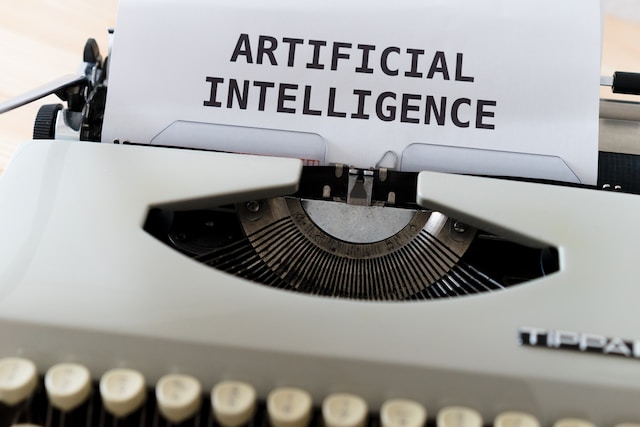
Artificial Intelligence (AI) has quickly emerged as a powerful tool with vast potential in various industries. From healthcare to finance, AI is transforming operations and enhancing efficiency.
However, AI has received both praise and criticism in the education sector. While some educators worry that AI might replace human teachers, others recognize the incredible opportunities it presents to enhance the learning experience.
From personalized learning and data analysis to automated grading and virtual assistants, here are some clever ways educators can leverage AI to their advantage.
Essay Checkers for Writing Improvement
Writing is essential for students, and providing feedback on essays can be time-consuming for educators. That’s where AI-powered tools like QuillBot’s essay checker come in.
Essay checkers use natural language processing and machine learning algorithms to analyze written content. They can detect grammatical errors, suggest improvements for sentence structure, identify inconsistencies in arguments, and provide feedback on the overall quality of writing.
Educators can leverage essay checkers to help students enhance their writing skills and produce high-quality academic papers. These tools can be integrated into online learning platforms or used as standalone applications, making them easily accessible to teachers and students.
Personalized Learning
Every student has different learning needs and preferences, making it challenging for educators to cater to individual requirements. With the help of AI, personalized learning experiences are now more attainable than ever.
AI-powered educational platforms can analyze student data such as performance metrics, learning styles, and interests to create tailored lesson plans and resources. Educators can use feedback from the analysis to tailor instructional strategies to each learner’s needs.
Additionally, AI algorithms can offer real-time feedback, which is vital for students to gauge their progress and adjust their study habits accordingly. This customized approach empowers learners to take ownership of their learning journey, fostering a more positive and self-directed educational experience.
Intelligent Content Creation
Creating engaging and interactive content keeps students motivated and interested in their studies. AI can assist educators in generating intelligent and updated content that meets the needs of students.
AI-powered tools can analyze massive amounts of data, including textbooks, articles, and online resources, to identify key concepts, recommend supplementary readings, and present information dynamically. For example, AI-powered virtual reality (VR) simulations provide immersive experiences that bring abstract concepts to life.
Moreover, educators can use AI to generate automated quizzes or assessments that adapt to each student’s skill level and progress. This ensures that students are constantly challenged while receiving appropriate support.
Administrative Task Automation
Educators often find themselves overwhelmed with administrative tasks such as grading assignments, scheduling, and managing student records. AI helps automate these mundane tasks, freeing up your time for more meaningful interactions with your students.
For instance, AI-powered chatbots provide instant responses to common queries or concerns from students, reducing the need for educators to be available around the clock. AI can also streamline grading by automatically scoring multiple-choice and fill-in-the-blank assessments.
Furthermore, AI-based systems can efficiently manage student records, generate reports, and track individual progress. This data-driven approach enables educators to gain valuable insights into overall classroom performance and identify areas requiring additional attention.
Enhanced Accessibility and Inclusion
Educators can leverage AI to increase accessibility and promote inclusivity, especially among students with special needs. Tools such as text-to-speech and speech recognition software provide support to students with visual impairments, dyslexia or other reading difficulties.
These AI-powered tools convert written text into spoken words, enabling learners to access educational materials more effectively.
Additionally, AI algorithms can adapt learning materials to cater to different learning styles. For auditory learners, visual representations of concepts can be provided, while interactive simulations can benefit kinesthetic learners.
AI-enabled real-time language translation capabilities also facilitate communication and participation for non-native speakers or students of different languages.
Conclusion
From personalized learning to automated grading, AI technologies can create more effective and customized student experiences. So, it would help if educators embraced these new tools and strategies to meet the ever-changing learners’ needs and prepare them for success in the 21st century.
